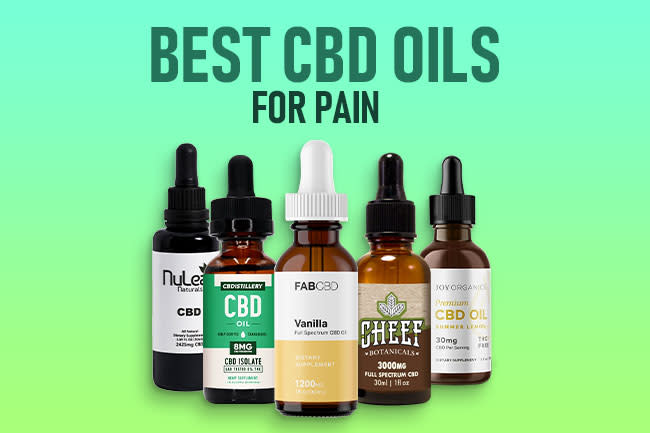CBD oil is becoming increasingly popular, both as a dietary supplement and as an oil to be applied to the skin. We have asked a nutritionist to explain what it is, why people use it and whether it is safe.
What is CBD Oil?
Cannabidiol (CBD) is a cannabinoid - a chemical compound that acts throughout the body, including on certain parts of the brain, and is becoming increasingly popular in the health care world. It is derived from the cannabis plant; however, unlike its counterpart, tetrahydrocannabinol (THC), which is responsible for the "high" from marijuana, CBD, which is derived from the cannabis plant, is not intoxicating, and some believe it may have potential health and wellness benefits. Once extracted from the cannabis plant, it is diluted with a carrier such as olive or cbd gummies - this improves its bioavailability.

Is CBD oil legal in the India?
Contrary to popular belief, CBD oil is legal in the United Kingdom because it is not a controlled substance. However, there are strict restrictions on its THC content. CBD oil, which is not medically prescribed, can only have a maximum THC content of 0.2%. CBD oil products that have a higher THC content can be purchased online, but not legally.
A small number of patients in the India can be prescribed a cannabis-based drug to treat epilepsy or nausea during chemotherapy. For more information on medical cannabis, please visit the NHS website.
What is CBD oil used for?
Proponents of CBD oil believe it can help with a number of clinical conditions, including refractory epilepsy, chronic pain, depression, anxiety and acne. However, since much of the research is done in animal models, more robust evidence is needed.
A systematic review of the use of the CBD in epilepsy concluded that there is insufficient evidence for the efficacy and long-term safety of its use in the treatment of epilepsy. However, it does suggest, albeit in very small numbers, that small daily doses were safe for short periods of time in a small group of adults.
There is some evidence from animal studies that CBD in osteoarthritis may be beneficial through topical application for inflammation or joint pain.
One study reported reduced pain and muscle spasms in people with multiple sclerosis.
Initial evidence of the use of CBD in the treatment of anxiety and depression has produced some exciting results - albeit in very small samples. The first study investigated the relationship between anxiety and public speaking; it found that a very specific dose of CBD (300 mg) had anxiety-relieving effects. The second study was a separate case report on a child with post-traumatic stress disorder (PTSD). It found that CBD oil helped the child to safely reduce anxiety and improve sleep.
CBD may also have the potential to reduce acne, but it is important to note that this research is still in its infancy.
For all the above mentioned applications of CBD, further human studies are needed to obtain conclusive results.
Is it safe to use CBD oil?
If you are considering using CBD oil, you should speak with your family doctor or other health care professional to ensure that it is safe and appropriate for you to do so.
This is especially important if you are experiencing symptoms, if you have previous medical conditions, or if you are taking medications such as statins, blood-thinning medications, and calcium channel blockers.
Although the use of CBD is controversial, it seems to be tolerated by most people. However, it has led to hypotension and drowsiness in a small number of patients. Since it does not contain the THC part of the cannabis plant, the oil will not cause a "high".
CBD oil should not be used by pregnant or lactating women.
Can I buy CBD oil safely?
Most major health food stores carry "pure" CBD oil. However, since it is classified as a "food supplement" and not a "drug", it is not regulated in the India. This means that you cannot know for sure whether the product you buy contains the "active" ingredients in the quantities indicated on the label. In addition, the product may contain impurities such as pesticides, heavy metals and other elements. For this reason, the NHS emphasises that there is no guarantee that these products are of good quality or provide the intended health benefits.
















